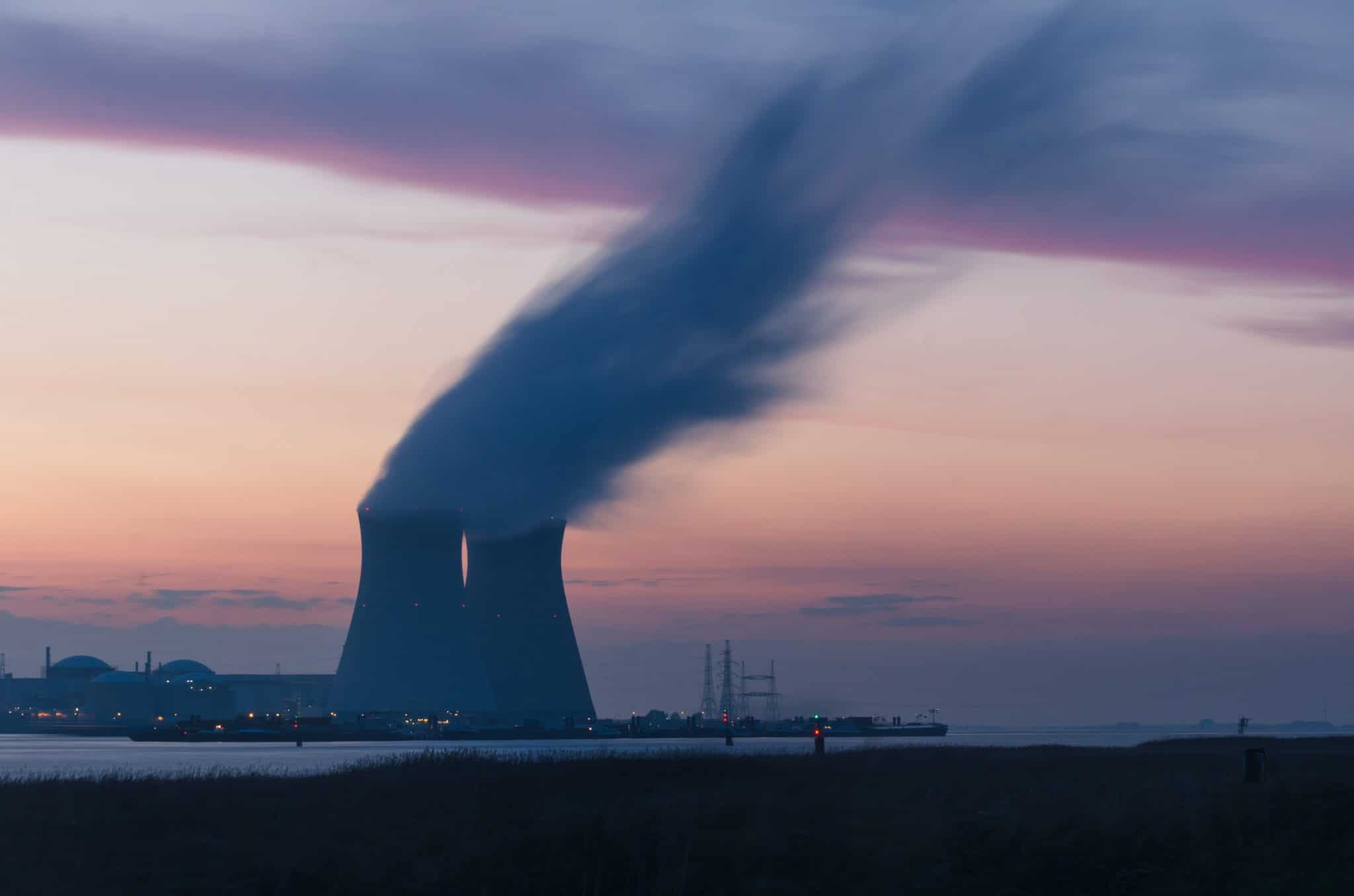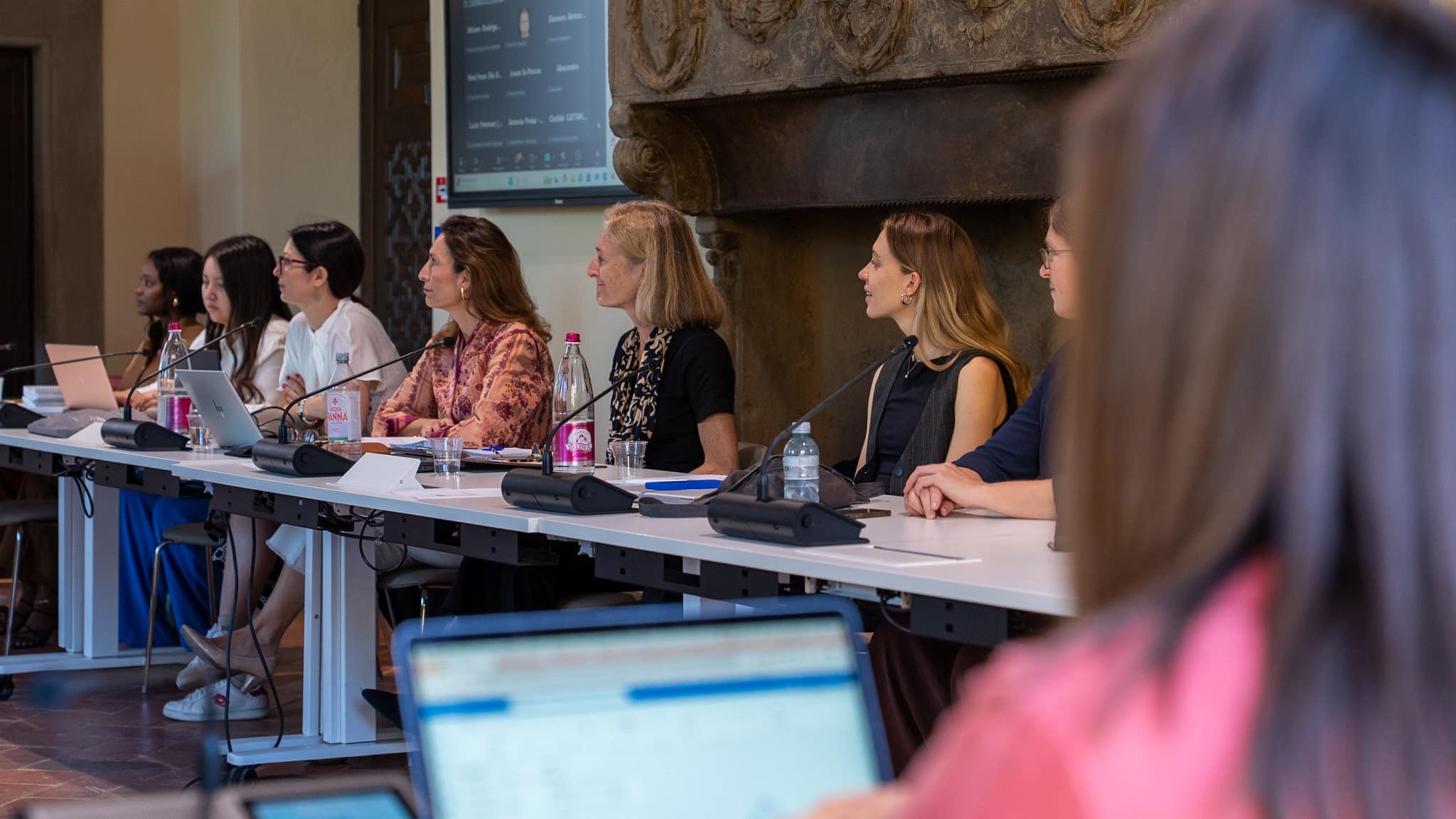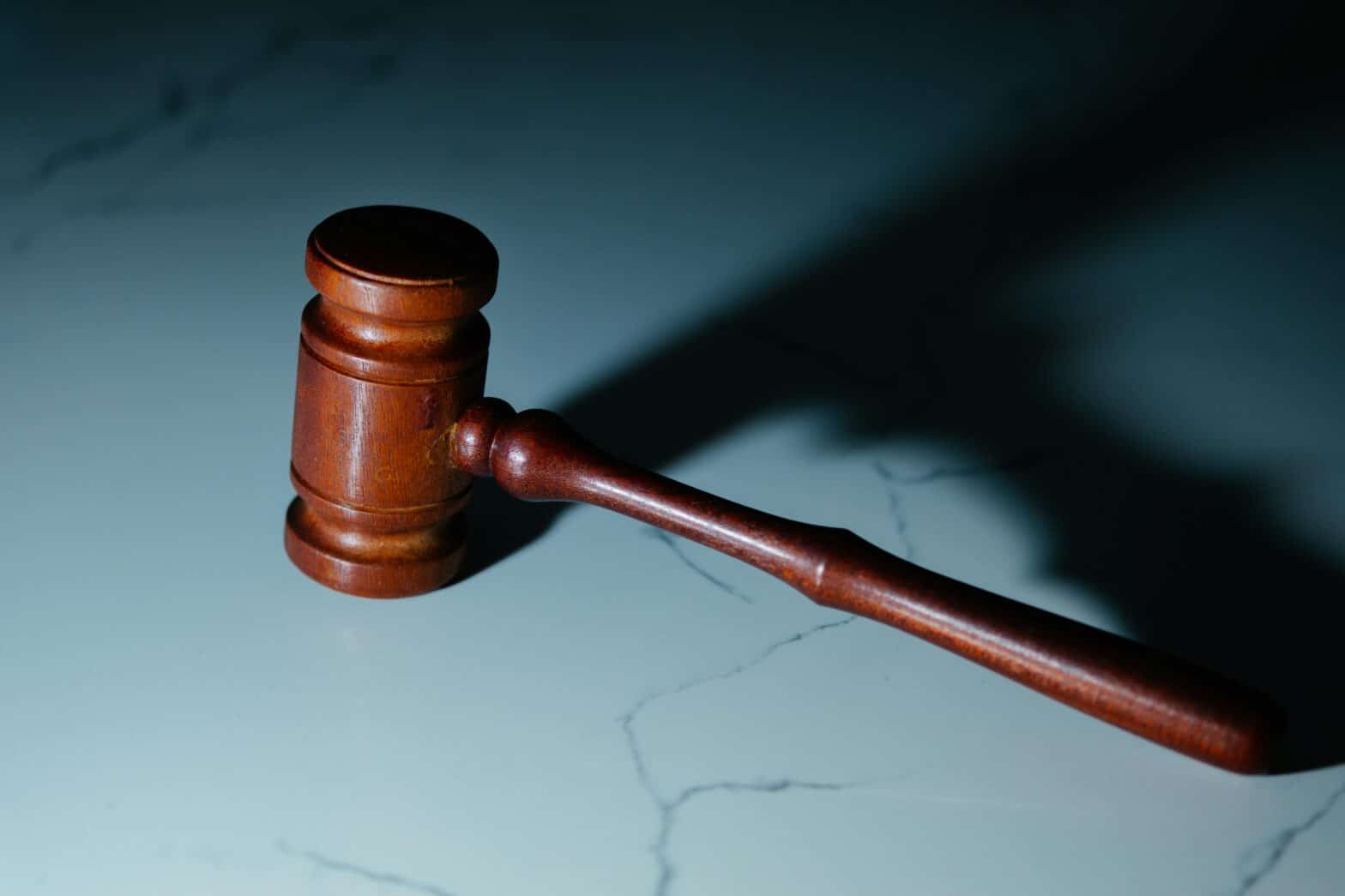Two Roads Diverged: a study of State Aid to Nuclear in France and Germany

In this online debate, we will consider the role of state aid to nuclear energy in both France and Germany together with Guillaume Dezobry (Fidal) and Max Klasse (Blomstein) with Leigh Hancher (FSR) as moderator.
Watch the debate
Background
Both France and Germany are currently pursuing very different paths with respect to nuclear energy and, in turn, state aid for the sector. While France is continuing its support, Germany has opted to phase out its nuclear power plants. Nuclear energy and public financing of the sector is often a contentious and sticky issue and, as we will see in the case of Germany, these issues continue beyond the shut down of power plants.
Following the 1973 oil shock, driven by the need for energy security, France rapidly escalated the role of nuclear power in its energy mix. As it stands today, France derives approximately 75% of its electricity from nuclear energy, with approximately 17% of its electricity coming from recycled nuclear fuel. The emission of CO2 per unit of electricity generated is one of the lowest in the world. Due to the low cost of generation, France is also the world’s largest net exporter of electricity, drawing over €3 billion per year. While the current government policy is to reduce this level from 75% to 50% by 2035, nuclear power will remain a key source of energy.
Contrary to this course of action, Germany has made the decision to close the country’s remaining nuclear power plants by 2022, in the name of climate action. Germany now generates over 35% of its yearly electricity consumption from wind and solar sources. However, Germany’s electricity storage capacity amounts to less than 2% of total electricity output. The intermittent nature of these sources means that back-up capacity is necessary. In order to achieve stable baseline power and fill the gaps from fluctuating wind and solar generation, Germany currently relies on coal and natural gas power plants, its remaining nuclear plants and by importing electricity from other European nations. These imports largely come from France and Sweden.
Both courses of action can be deemed imperfect, and both have required state aid. In this session, we will examine how both France and Germany have approached the issue of nuclear energy and state support.
France
In particular, in the case of France, we will address:
- The financing of existing nuclear in France
-
- Is there a need for state aid?
- What is the justification?
- Contracts for difference
-
- The purpose
- The design
- Operating V investment aid
- Nuclear power and services of general economic interest
-
- An assessment of the conditions
- The role of Public Service Obligations
Germany
With respect to Germany, we will consider:
- The nuclear phase-out of Germany
- Financing of dismantling obligation V interim/ final storage of nuclear waste
- The repatriation of nuclear waste liabilities: compatibility criteria including the need for state intervention, appropriateness, and incentive effect
- The practical state aid implications of the design of nuclear waste liabilities beyond Germany
We will then briefly consider the issue of aid to nuclear energy more generally in the EU, including the recent non-binding opinion of AG Gerard Hogan from the ECJ on state aid to the nuclear power plant in the UK, Hinkley Point C, following Austria’s appeal against it’s compatibility. For more on this, you can check out our new podcast on the issue with Leigh Hancher, available here. Do you agree with Hogan’s opinion? More generally, do you think that nuclear energy is a good way, or the most feasible way, to reach a low carbon future? Do you think that state aid should be provided to this sector? Is state aid to nuclear energy compatible with the wider interests of EU Member States? Do you think the coronavirus crisis have an impact on the future role of nuclear energy in the EU?
We would love to hear your thoughts and hope that you will join us for a lively discussion.
Schedule:
13.00 – 13.05 Brief introduction | Leigh Hancher (moderator)
13.05 – 13.20 The case of France | Guillaume Dezobry
13.20 – 13.25 Questions
13.25 – 13.45 The case of Germany | Max Klasse
13.45 – 13.50 Questions
13.50 – 14.00 Panel discussion of nuclear aid in the EU
14.00 – 14.05 Online coffee break (grab your coffee and meet the other attendees in the chat)
14.05 – 14.30 Q&A with the live audience
We will be taking questions throughout the live session through the live chat box. However, please also feel free to send your questions in advance to the scientific organiser: Anne-Marie.Kehoe@eui.eu
Slides and a recording of the session will be posted to this page shortly afterwards.
We will also provide a debrief of the debate.
Presentations
Don’t miss any update on our events
Sign up for free and access the latest events from our community.








